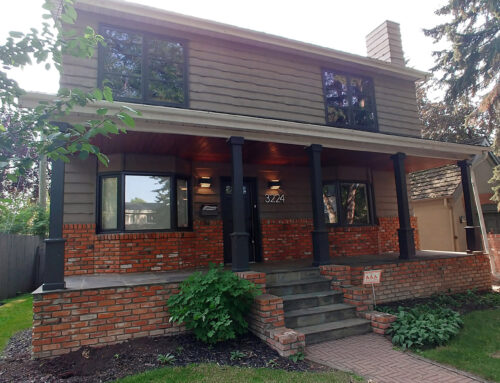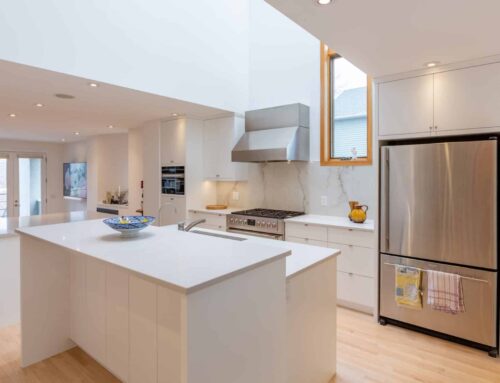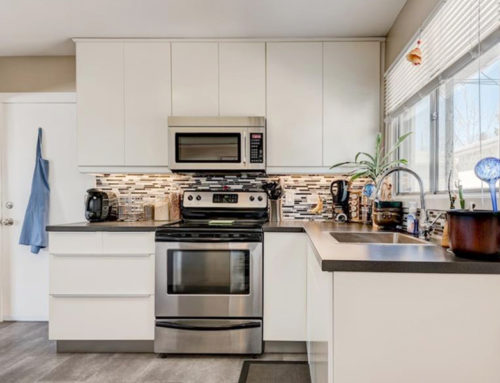Renovations can produce a great deal of waste if not handled properly. Here you can learn about the management issues you should consider, the availability of green building products, indoor air quality problems that might arise, how to reduce renovation waste and how to dispose of the remaining waste properly.
Managing Your Renovation
Home renovation can improve your living environment, but it can cause pollution and waste problems. That’s why it is very important to manage your renovation project carefully, taking into consideration what you need to do, how you will do it, how you will dispose of waste and how you will affect your family and neighbors. If you live in an apartment building you can seek help from the property management company to notify others of your intentions, and to help resolve any disputes. The best thing to do is just be aware of others around you and be considerate.
Controlling Noise from Renovation Work
Noise from renovation work can cause annoyance to your neighbors. To minimize the disturbance, you should avoid carrying out renovation work before 9 am. Also remind your contractor not to use powered mechanical equipment, carry out hammering or handle rubble between 7 pm to 7 am or at any time on public holidays.
Using Green Building Materials
Many conventional finishing materials, such as solvent-based paints, solvents and adhesives, contain high levels of volatile organic compounds (VOCs) which cause air pollution and smog having a significant adverse effect on human health. They are also smelly during the renovation process, which can be a problem for your neighbors. But you can avoid such situations by choosing to use water-based paints or paints with lower VOC content, and avoiding the use of adhesive-rich plywood.
Maintaining Indoor Air Quality
When you begin renovating, you should be aware of how your activities affect the indoor air quality for both you and your neighbours. Apart form volatile organic compounds, dust from polishing, sanding, cutting and grinding materials can be a problem. This can cause nasal and eye irritations, headaches, dizziness, nausea and even breathing problems. To avoid such problems, you should:
- Schedule the renovation work during periods when the fewest residents are at home.
- Identify areas that do not need extensive renovations – sometimes a new coat of paint will do.
- Isolate renovated areas from other areas by installing physical barriers to prevent dust spreading.
- Ensure that you have adequate ventilation by opening windows and operating exhaust fans.
- Seal the inlets and outlets of air-conditioners to minimize the spread of dust and other contaminants.
Reduce waste during the renovation process
- Reusing items such as hoardings, formwork and scaffolding, and recycling materials such as metal.
- Ordering the right amount of materials at the right time.
- Collecting small materials in suitable containers so you can locate them easily – this will both reduce wastage and save you money.
- Allocating a storage area for old materials that have been sorted, such as metal, concrete, timber, plastics, glass, excavated spoils, bricks and tiles.
- Giving your renovation contractor clear instructions on the separation and removal of construction waste.
- Delivering used items, such as electrical appliances and furniture, to recyclable outlets.
- All sorted materials can then be recycled/disposed of as appropriate.
If you have any green tips, shoot us an email. We’d love to hear your suggestions and will update this blog post (and give you credit!)
Suite Home Renos has been in business since 2009, and has been making sure we sort our garbage to reduce the impact to landfills. This is a cost we carry because we live on planet earth. We believe all contractors should do the same.






